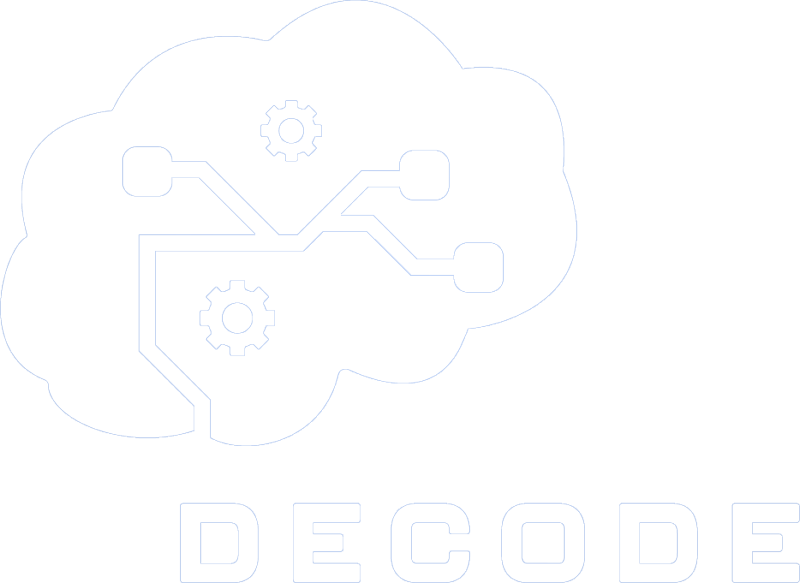What is the DECODE project?
The DECODE project (Data-driven machinE-learning aided stratification and management of multiple long-term COnditions in adults with intellectual disabilitiEs) is an interdisciplinary project comprising 8 universities and 15 enthusiastic collaborators, working together over 2.5 years from 1 April 2022. The DECODE project aims to use Artificial Intelligence to improve the health and wellbeing of people with learning disabilities.
Is DECODE part of a larger programme?
Yes, DECODE is one of seven consortiums funded by the National Institute for Health Research (NIHR) under the programme called AIM (Artificial Intelligence for Multiple Long-Term Conditions). This programme will lead to scientific understanding allowing researchers to start addressing key challenges in the treatment and management of Multiple Long-Term Conditions – in the health and social care system in the future.
Why DECODE?
About 1 in 100 people in the UK are identified as having intellectual disabilities, also known as learning disabilities. This population have twelve long-term health conditions on average and die 20 years younger than the rest of the population. Physical ill-health symptoms in this population are often mistakenly attributed to either a mental health/behavioural problem or as being inherent to the person’s learning disabilities which contributes to huge health inequalities.
A principal way support to this population could be improved, is by joining up support provided by health, social and voluntary care organisations. DECODE will pioneer Artificial Intelligence techniques to generate knowledge on the pattern of multiple long-term conditions as relevant to people with Intellectual Disabilities (ID). The team will work with people with ID, carers, professionals, service providers, commissioners and policy makers to develop a joined-up model of support to enable improvements in the outcome of multiple long-term conditions in this population.

